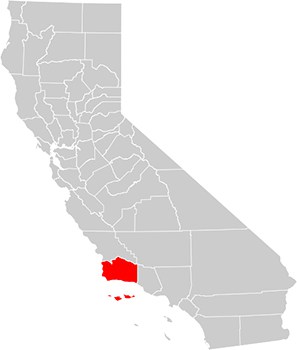California Miniature Horse Confirmed Positive for EHV-1

The Miniature Horse, which experienced fever onset on Jan. 13, is reported as recovering. The 6-year-old Quarter Horse mare displayed mild neurologic signs and is also recovering. The 21-year-old Quarter Horse gelding was euthanized due to the severity of his clinical signs, which included ataxia (loss of control of body movements), fever, and recumbency (inability to rise). The facility remains under quarantine with enhanced biosecurity measures and twice-daily temperature monitoring in place. No horses moved on or off the property recently, and CDFA continues to monitor the situation.
EHV 101
Herpesvirus is highly contagious among horses and can cause a variety of ailments in equids, including rhinopneumonitis (a respiratory disease usually found in young horses), abortion in broodmares, and equine herpesvirus myeloencephalitis (EHM, the neurologic form).

In many horses, the first or only sign of EHV-1 infection is fever, which can go undetected. In addition to fever, other common signs of EHV-1 infection in young horses include cough, decreased appetite, depression, and a nasal discharge. Pregnant mares typically show no signs of infection before they abort, and abortions usually occur late in gestation (around eight months) but can be earlier. Abortions can occur anywhere from two weeks to several months following infection with EHV-1
Create a free account with TheHorse.com to view this content.
TheHorse.com is home to thousands of free articles about horse health care. In order to access some of our exclusive free content, you must be signed into TheHorse.com.
Start your free account today!
Already have an account?
and continue reading.
Related Articles
Stay on top of the most recent Horse Health news with


















